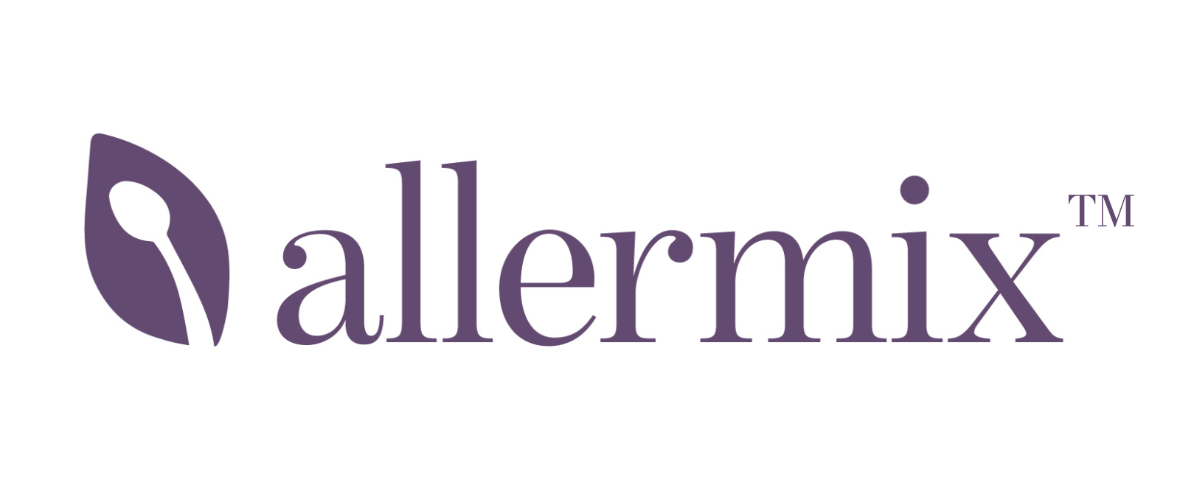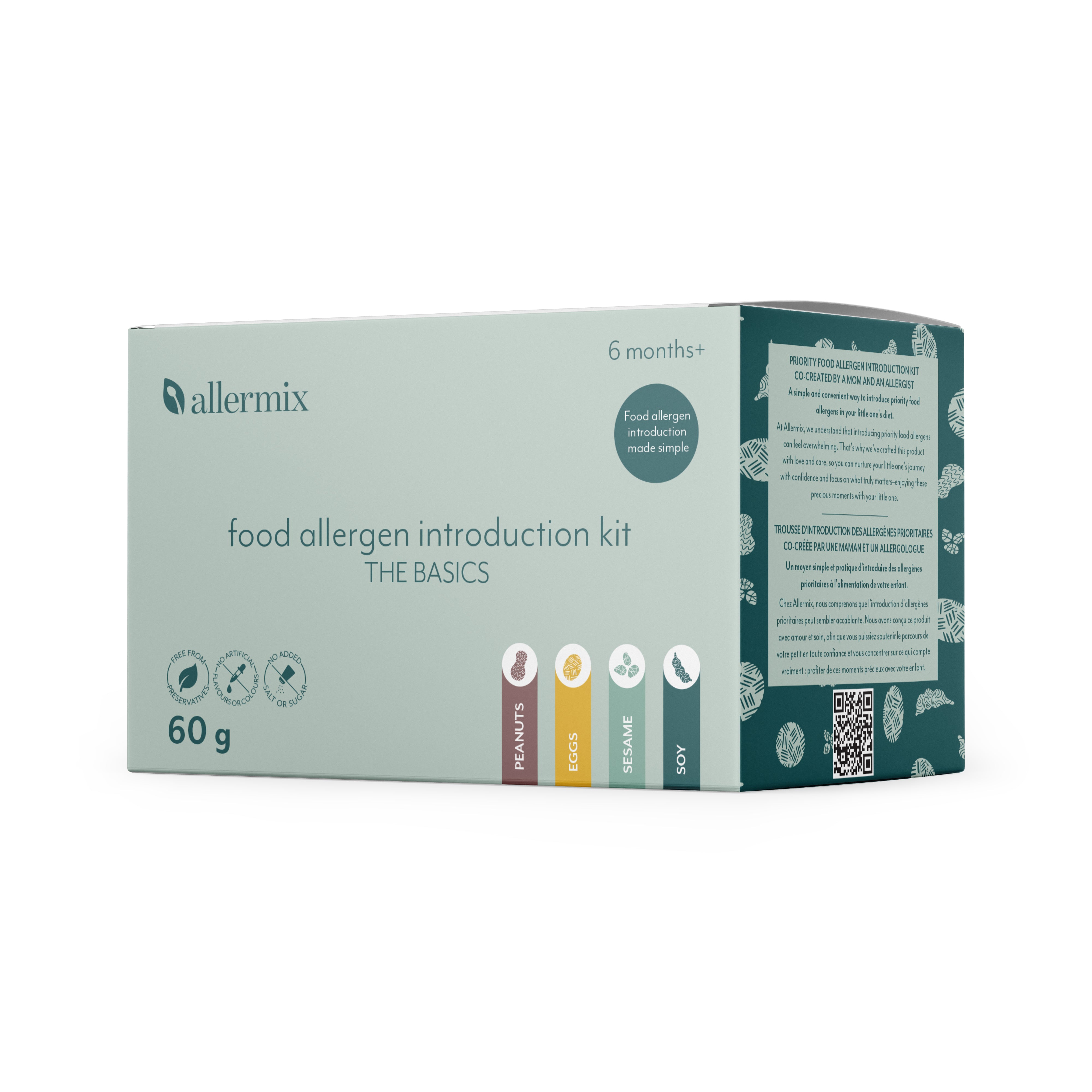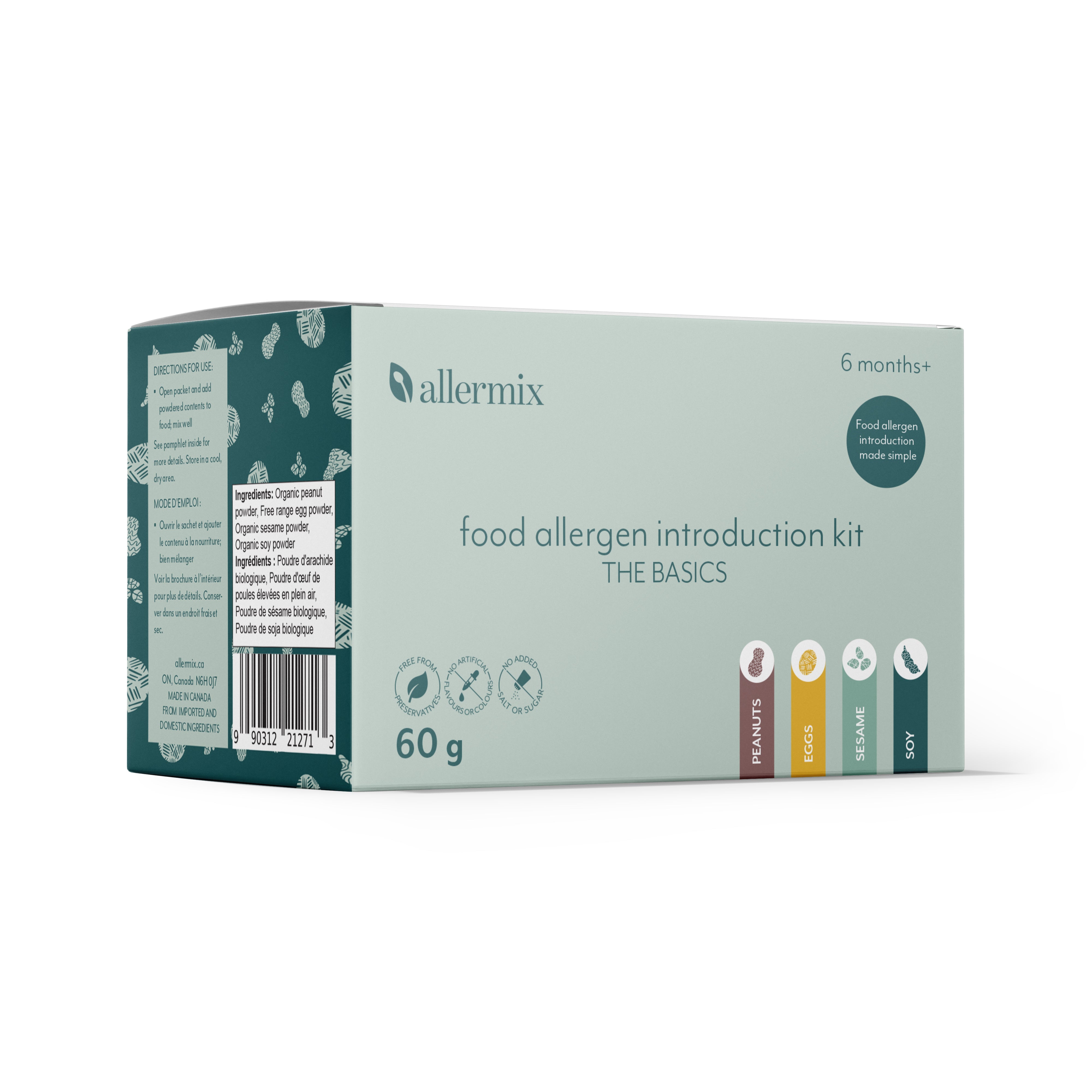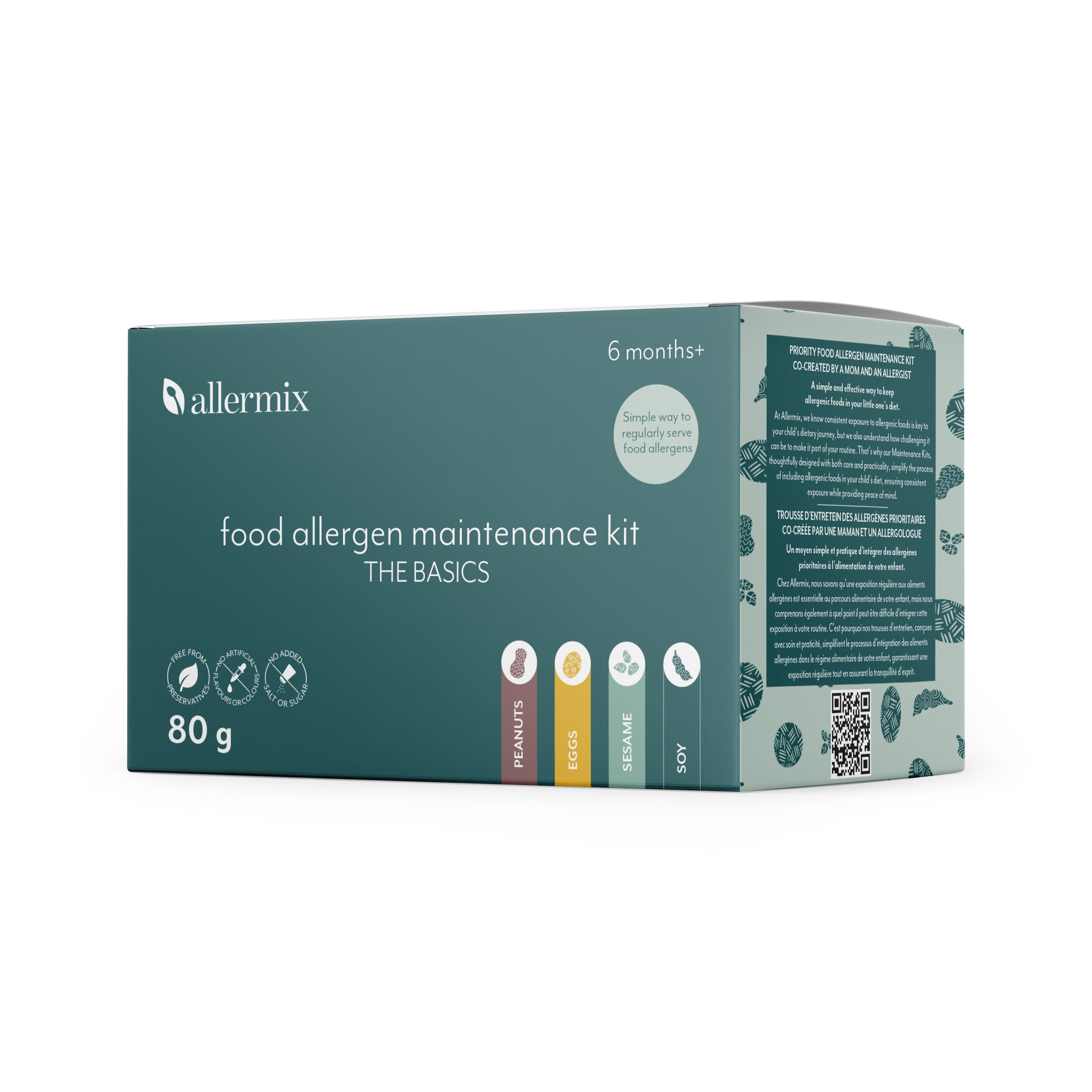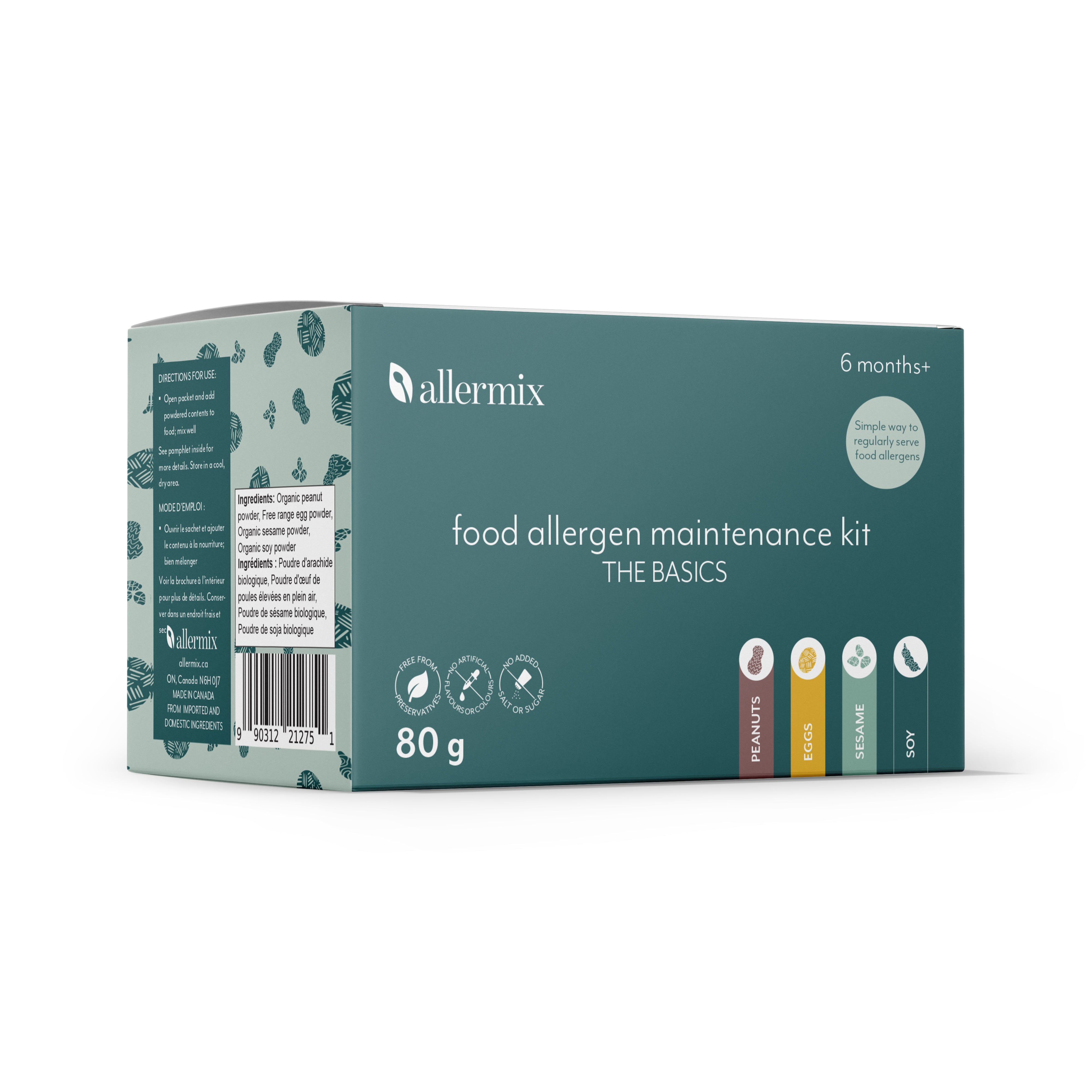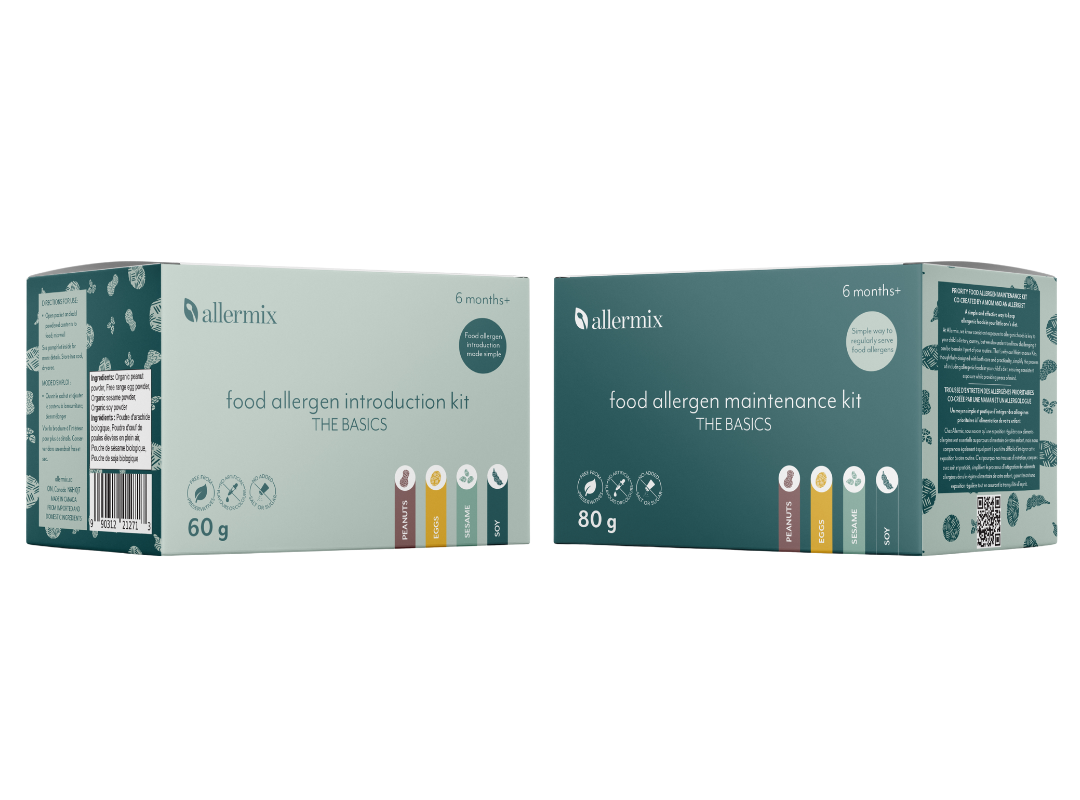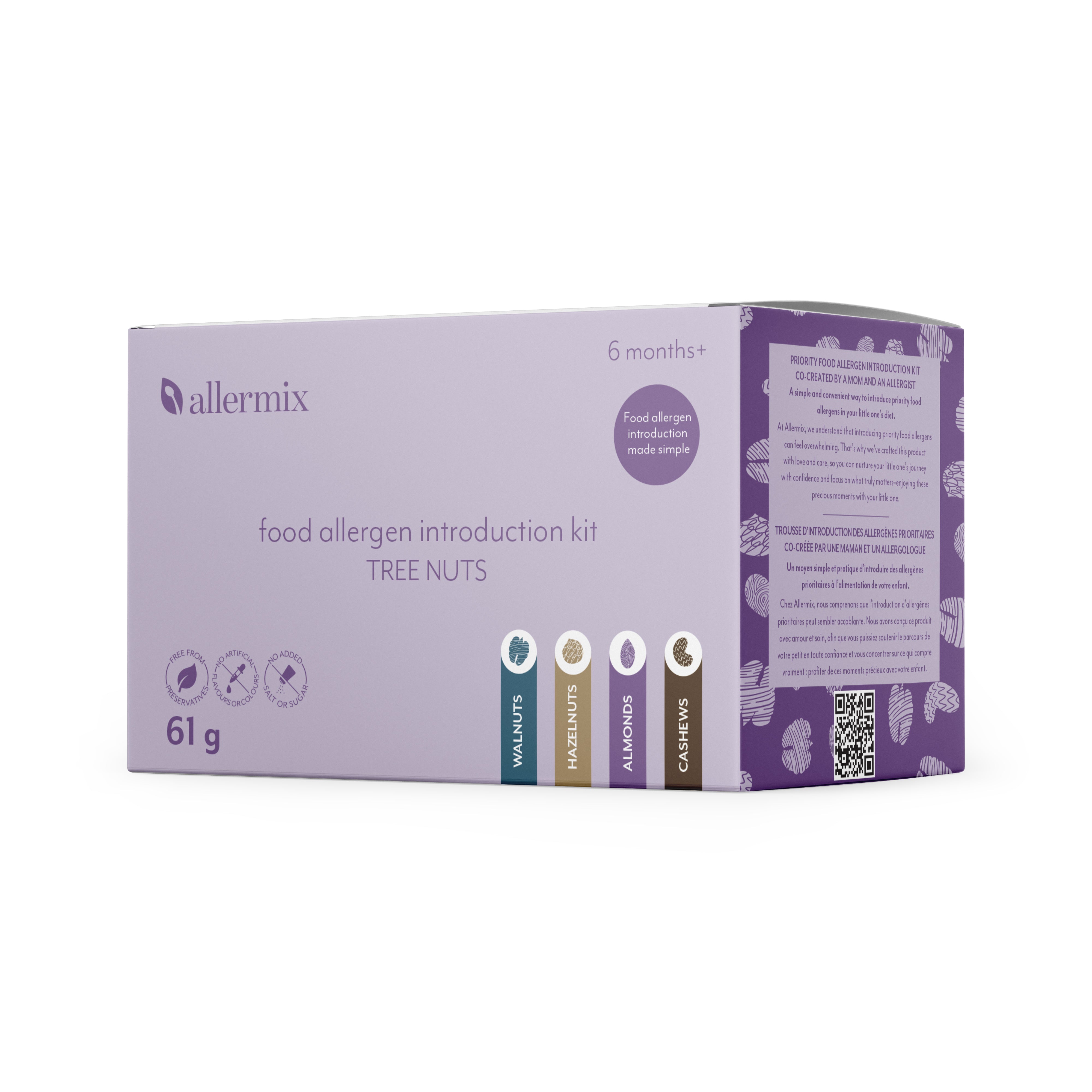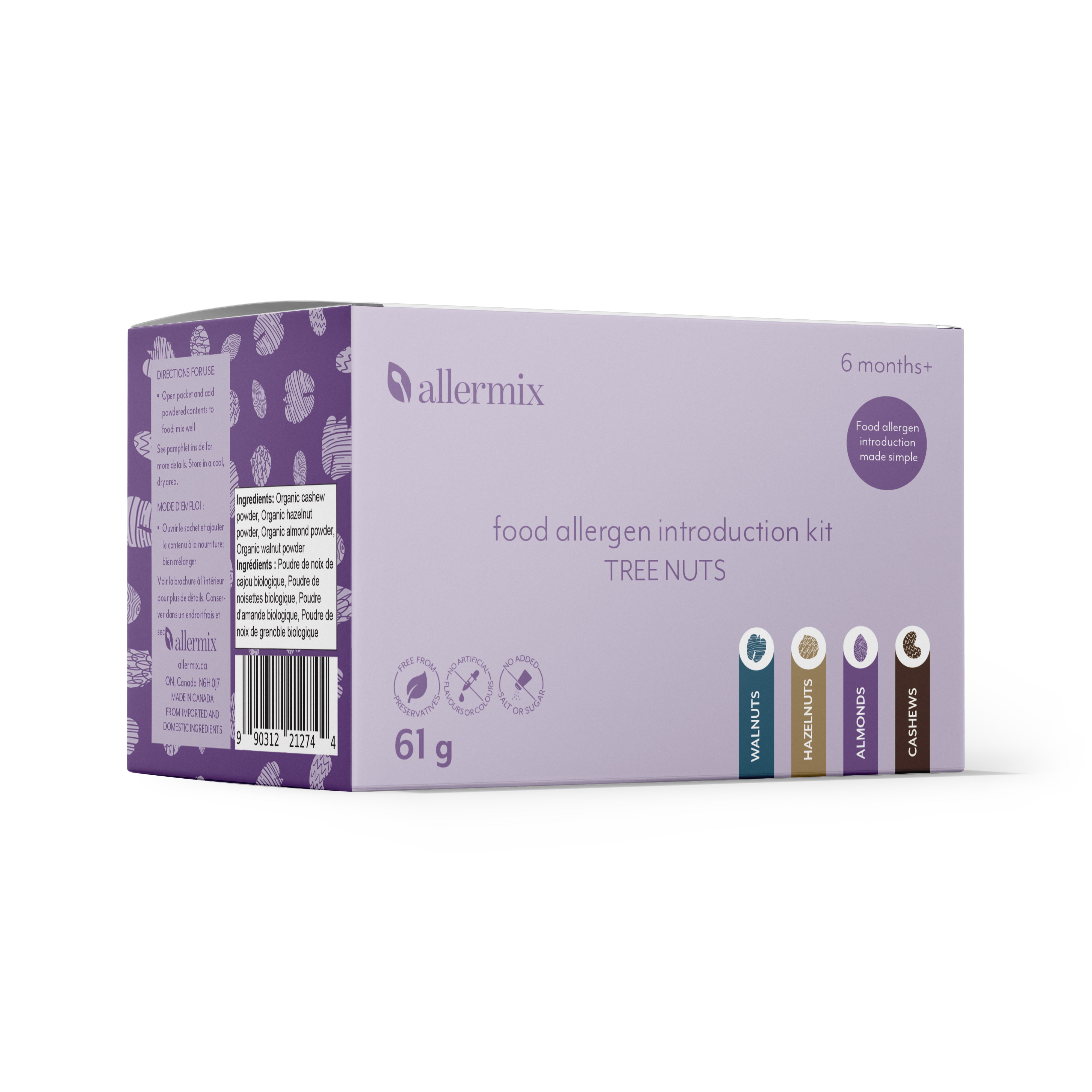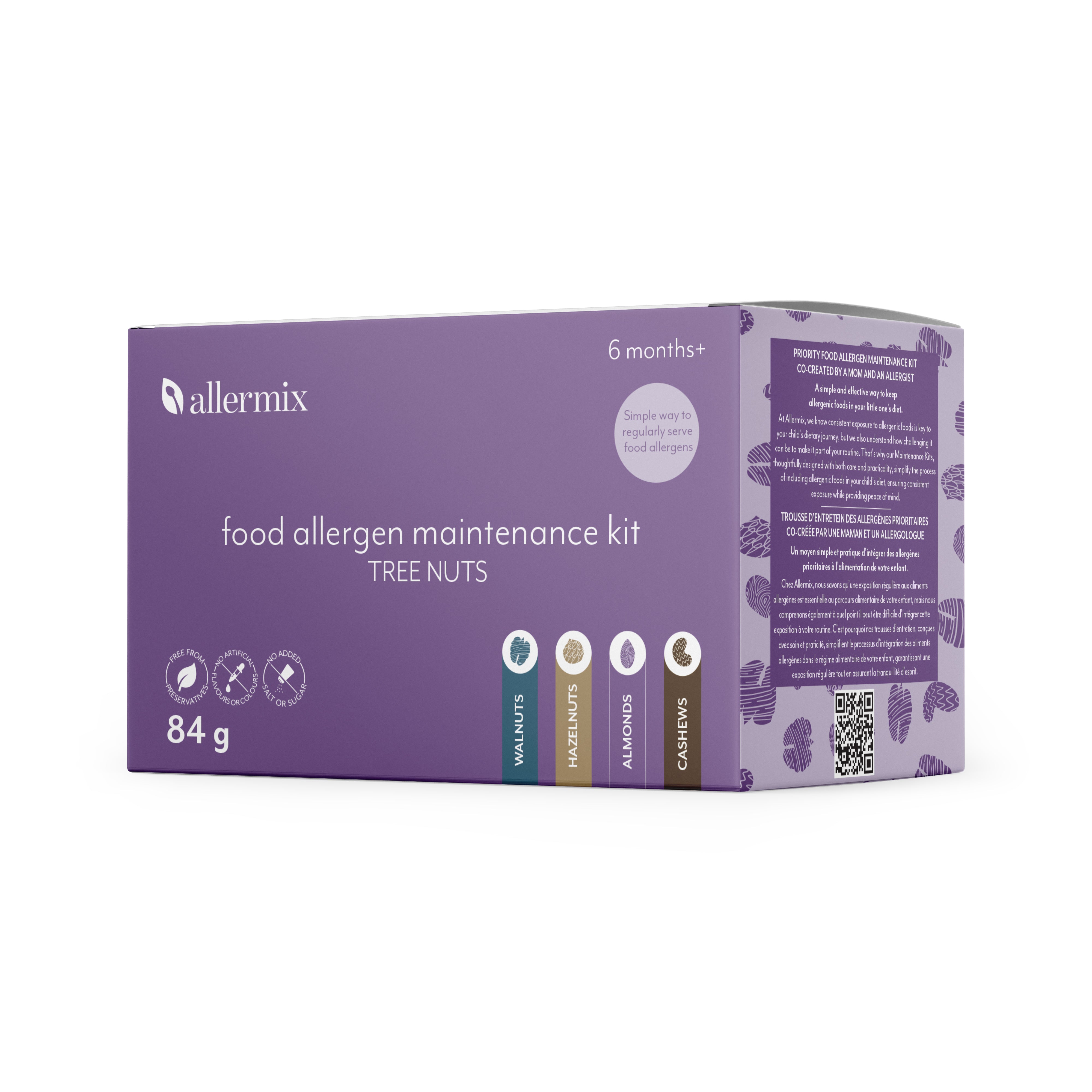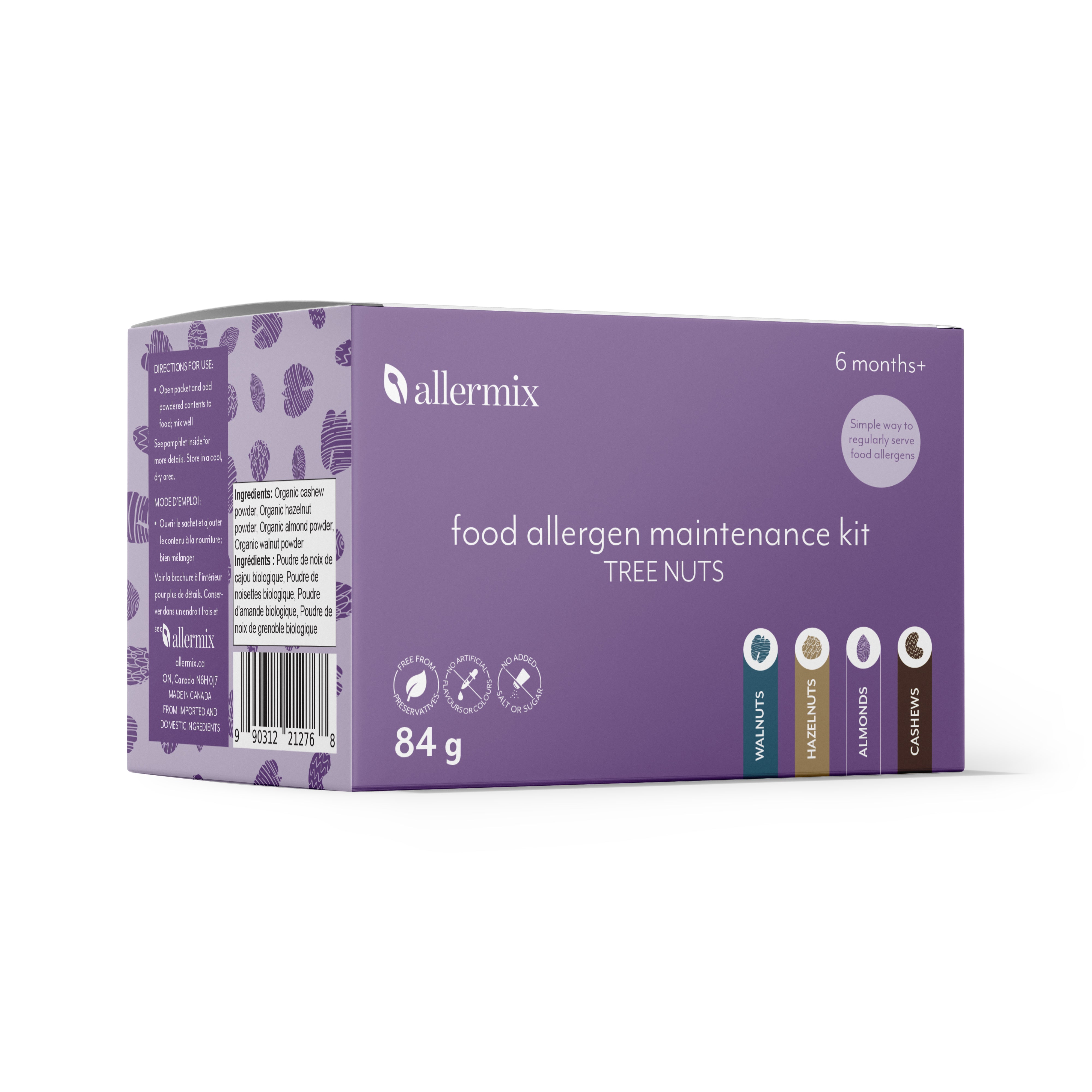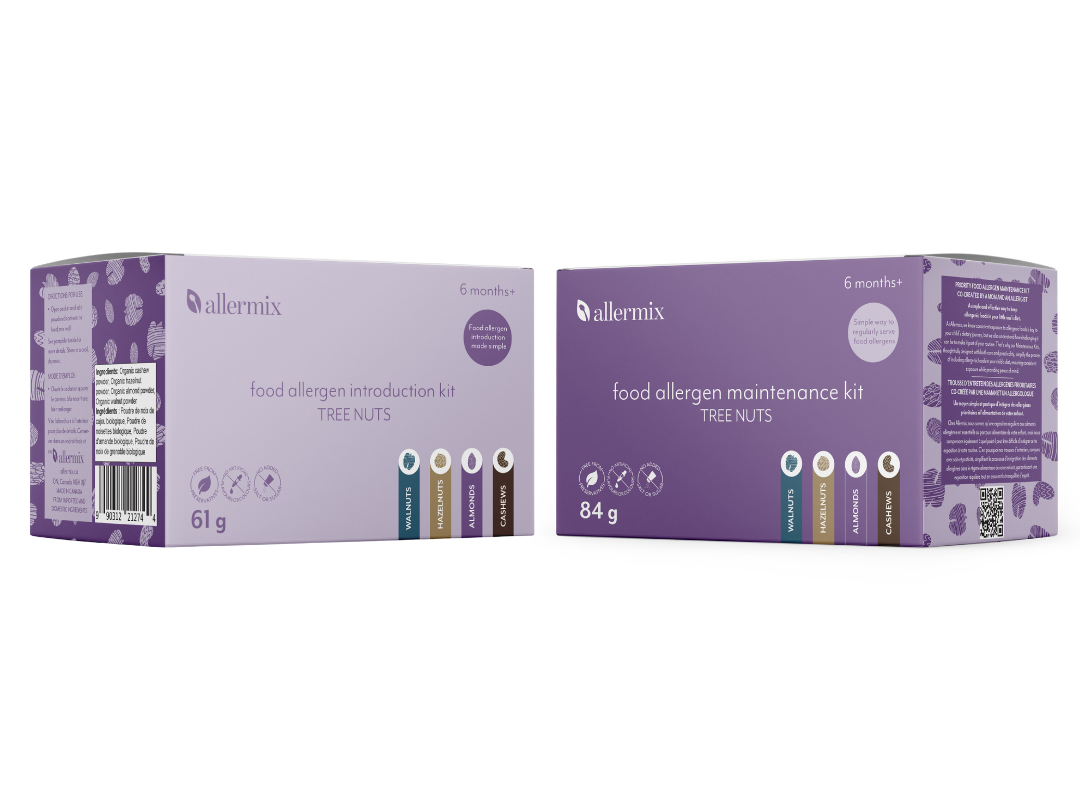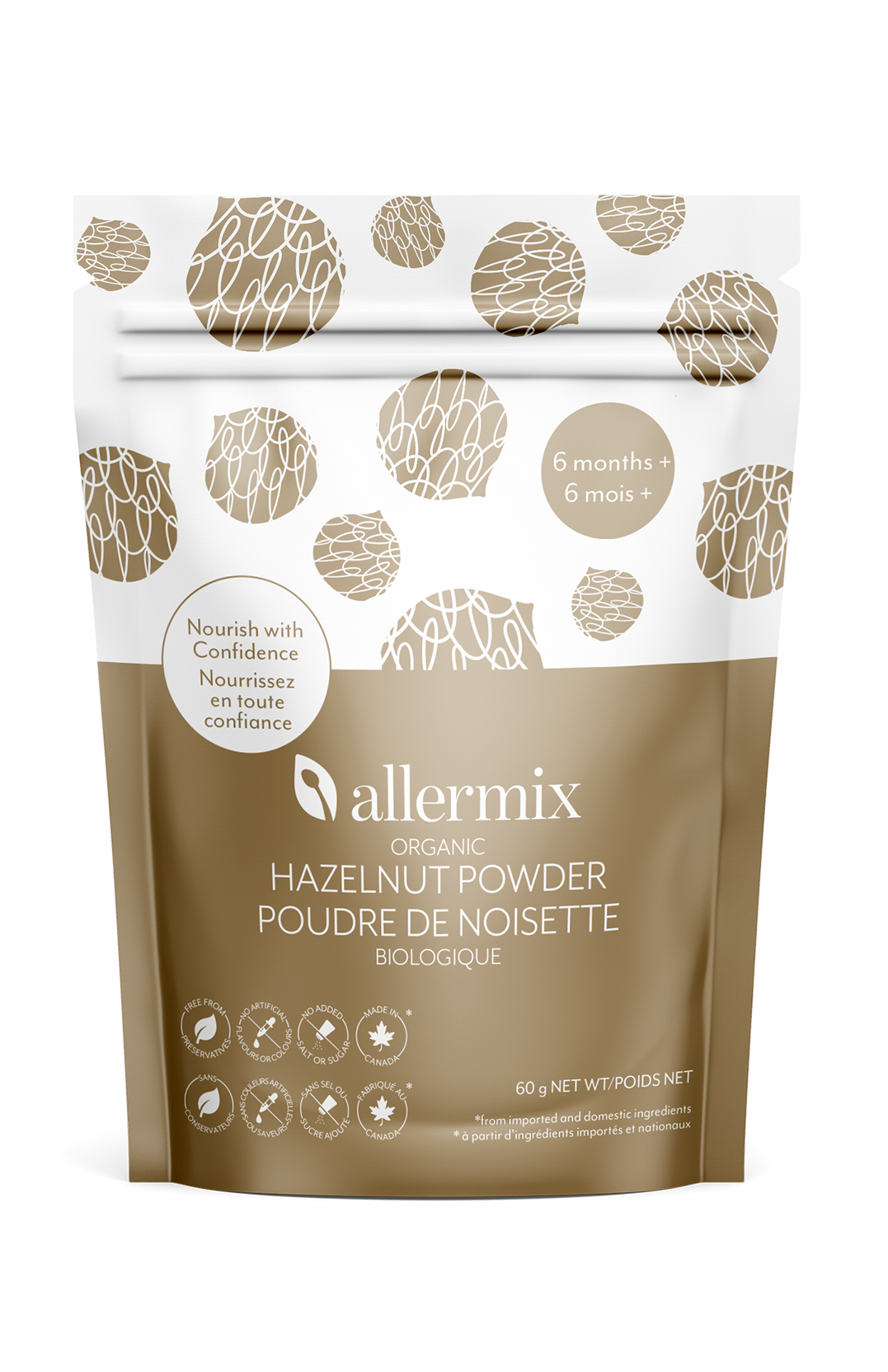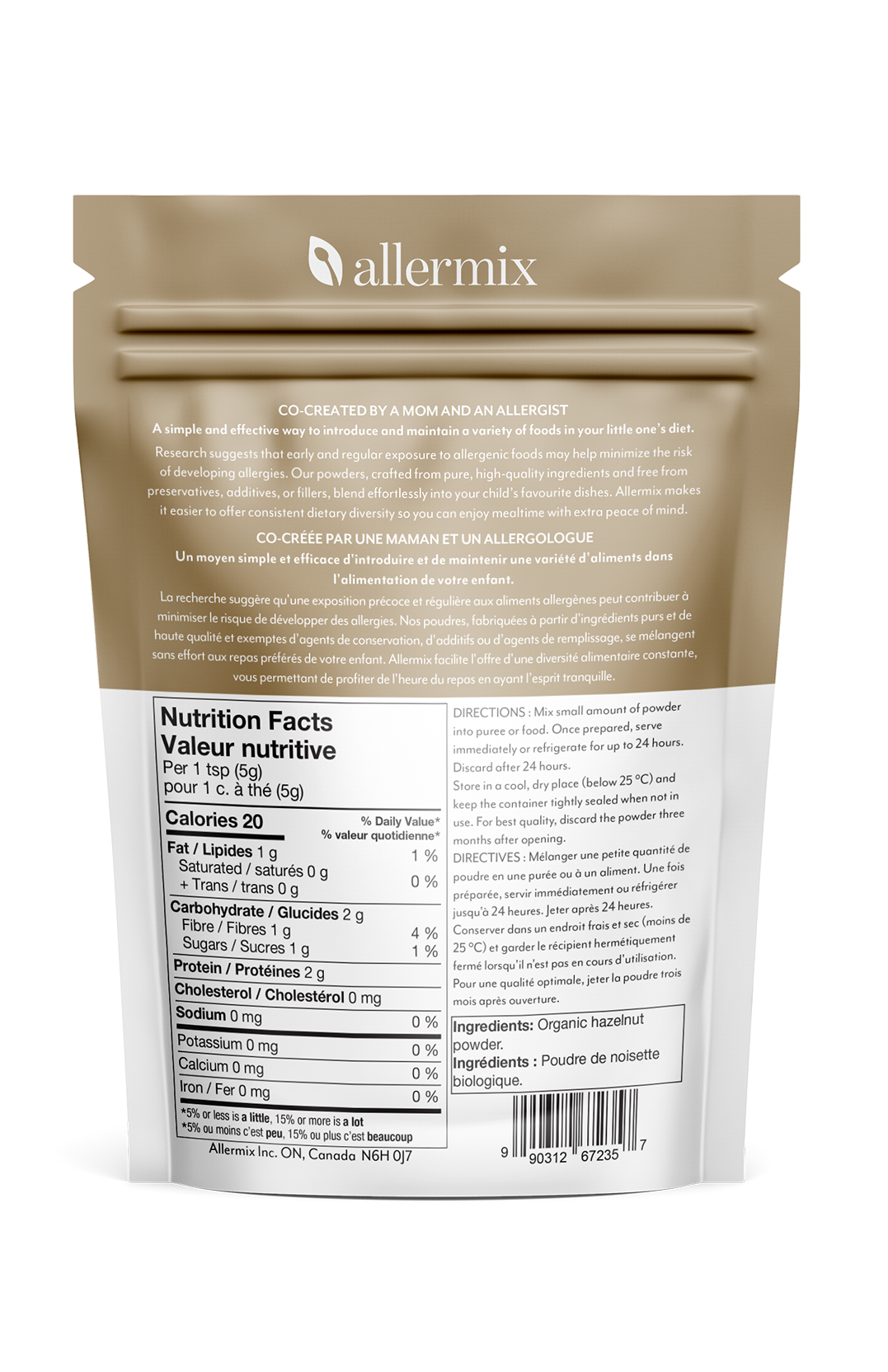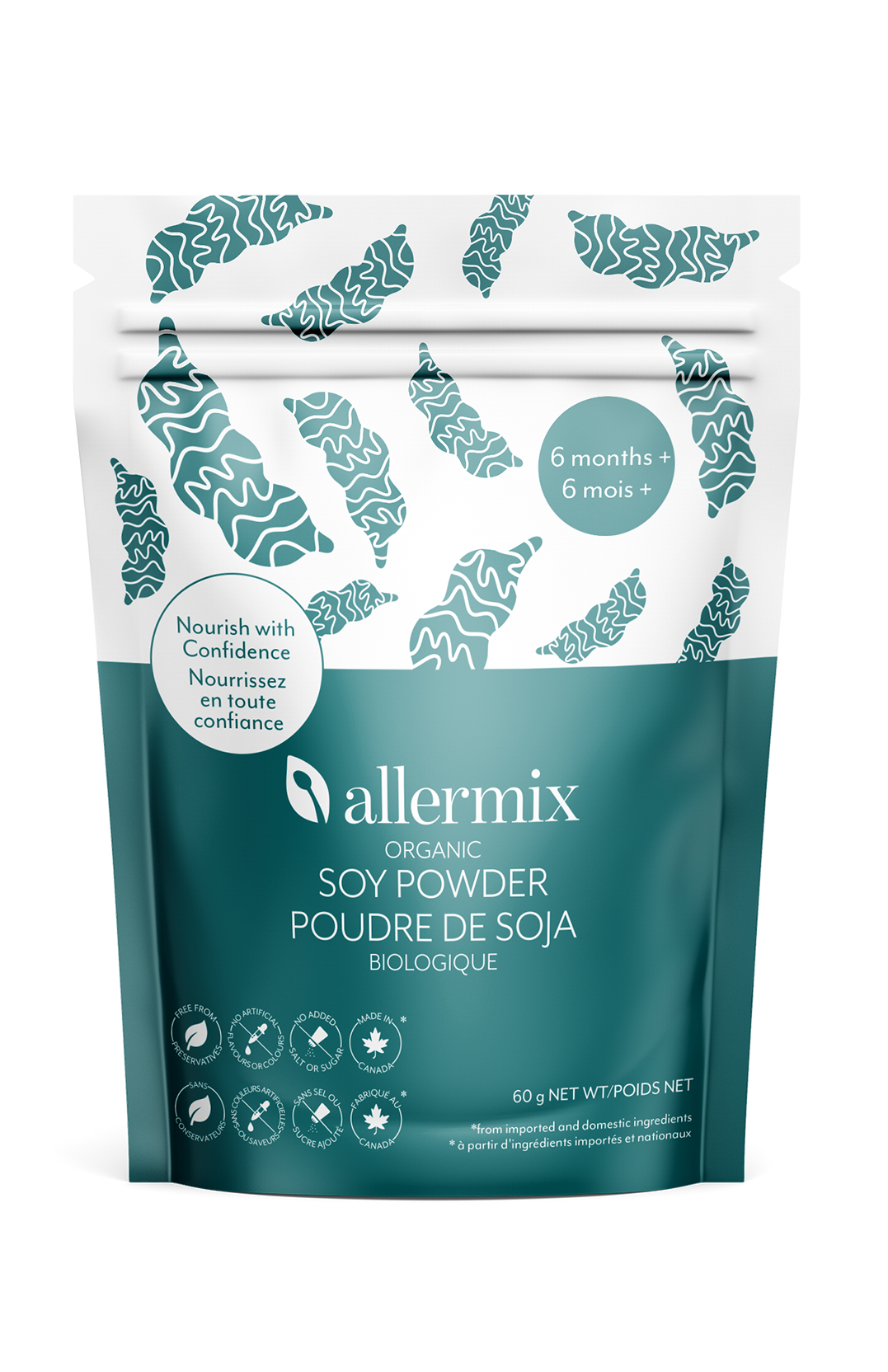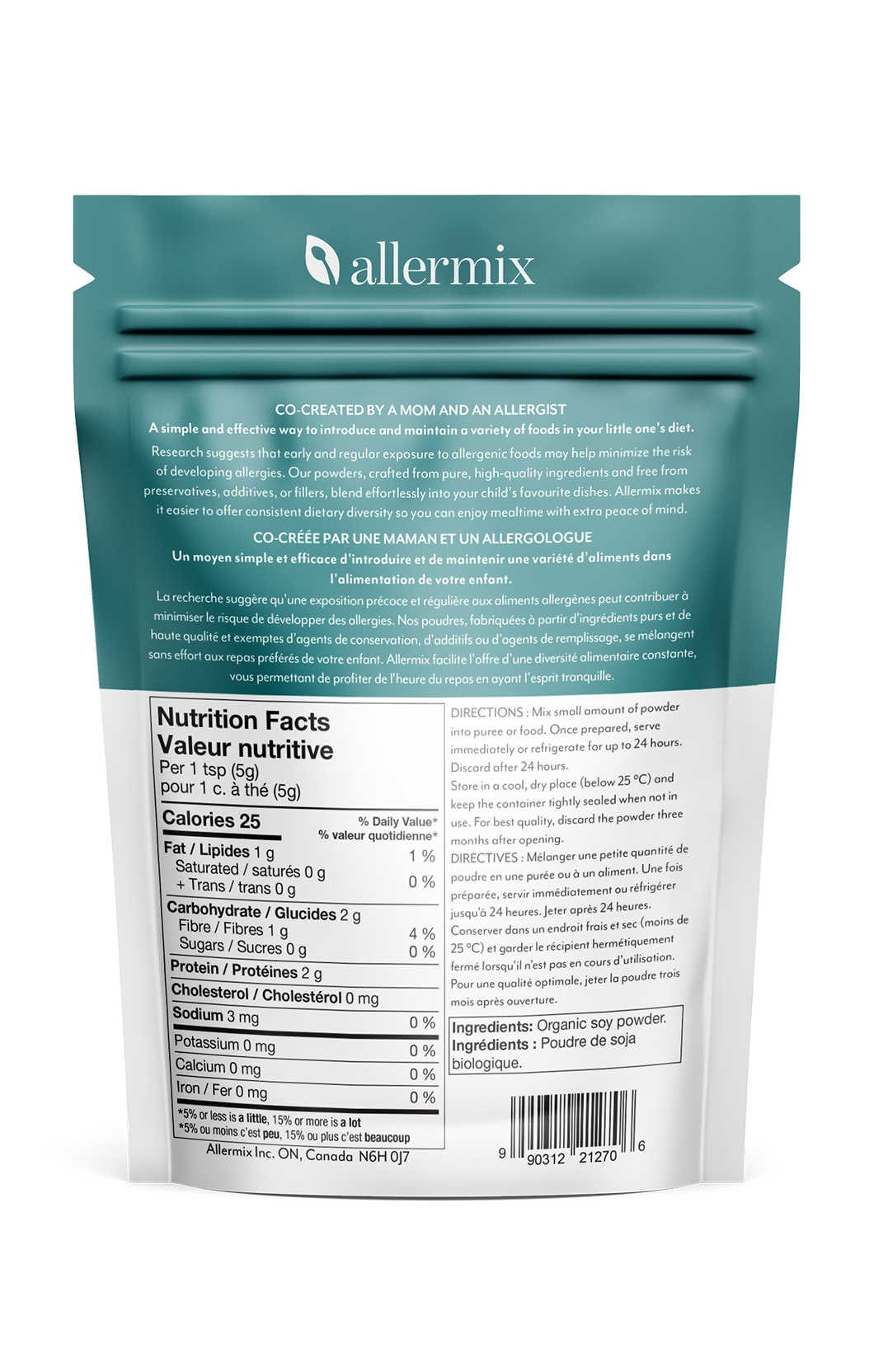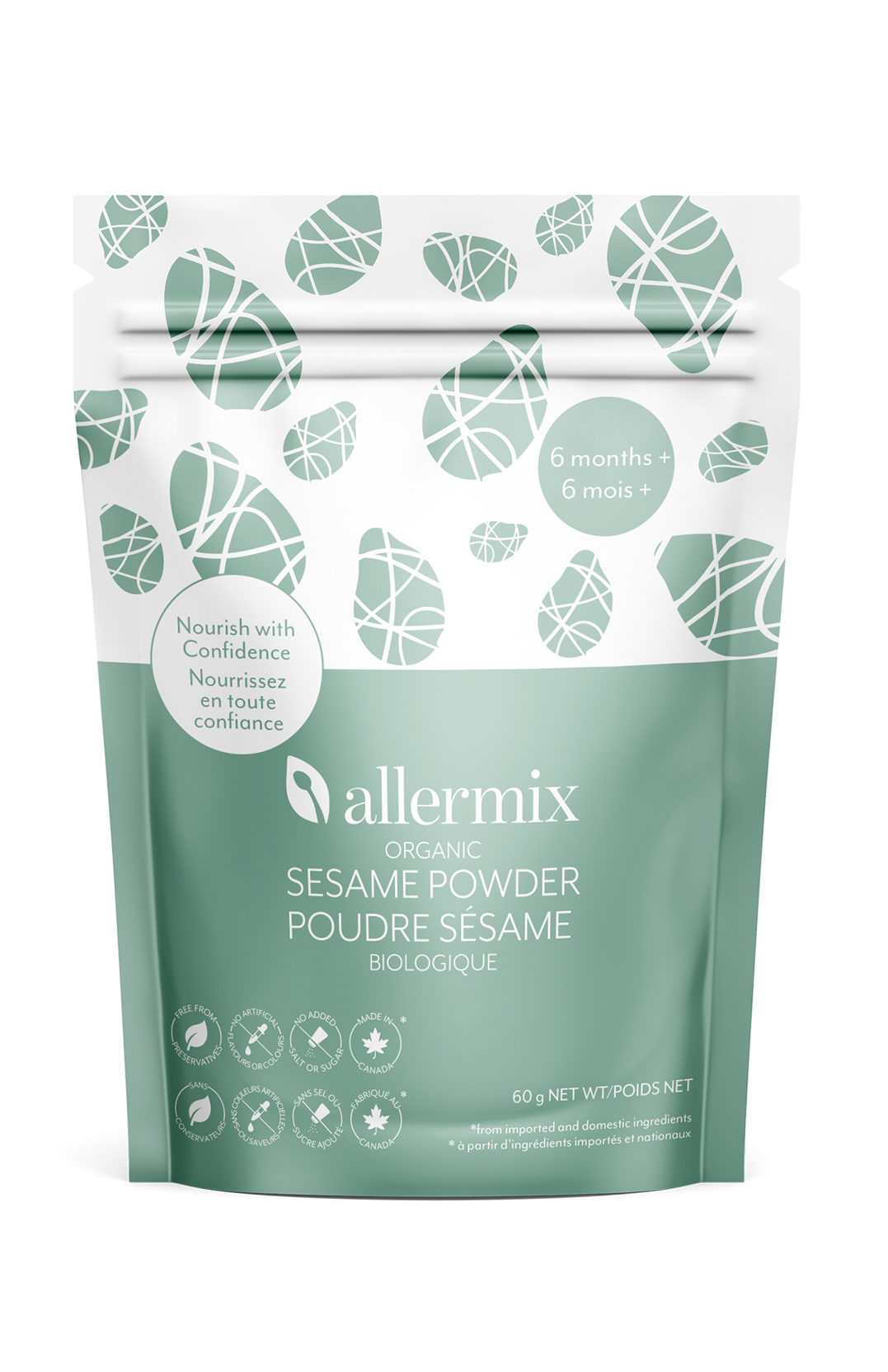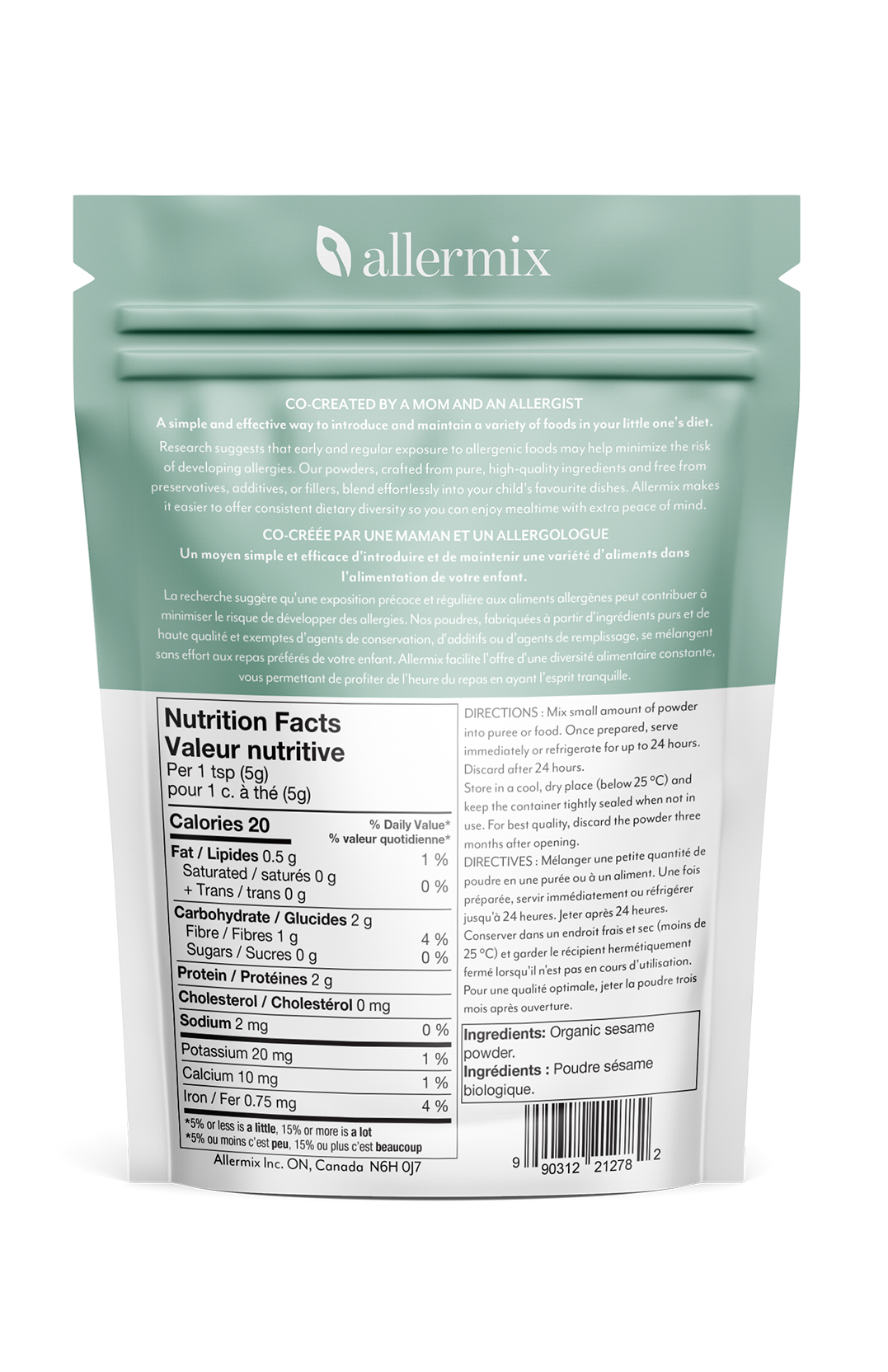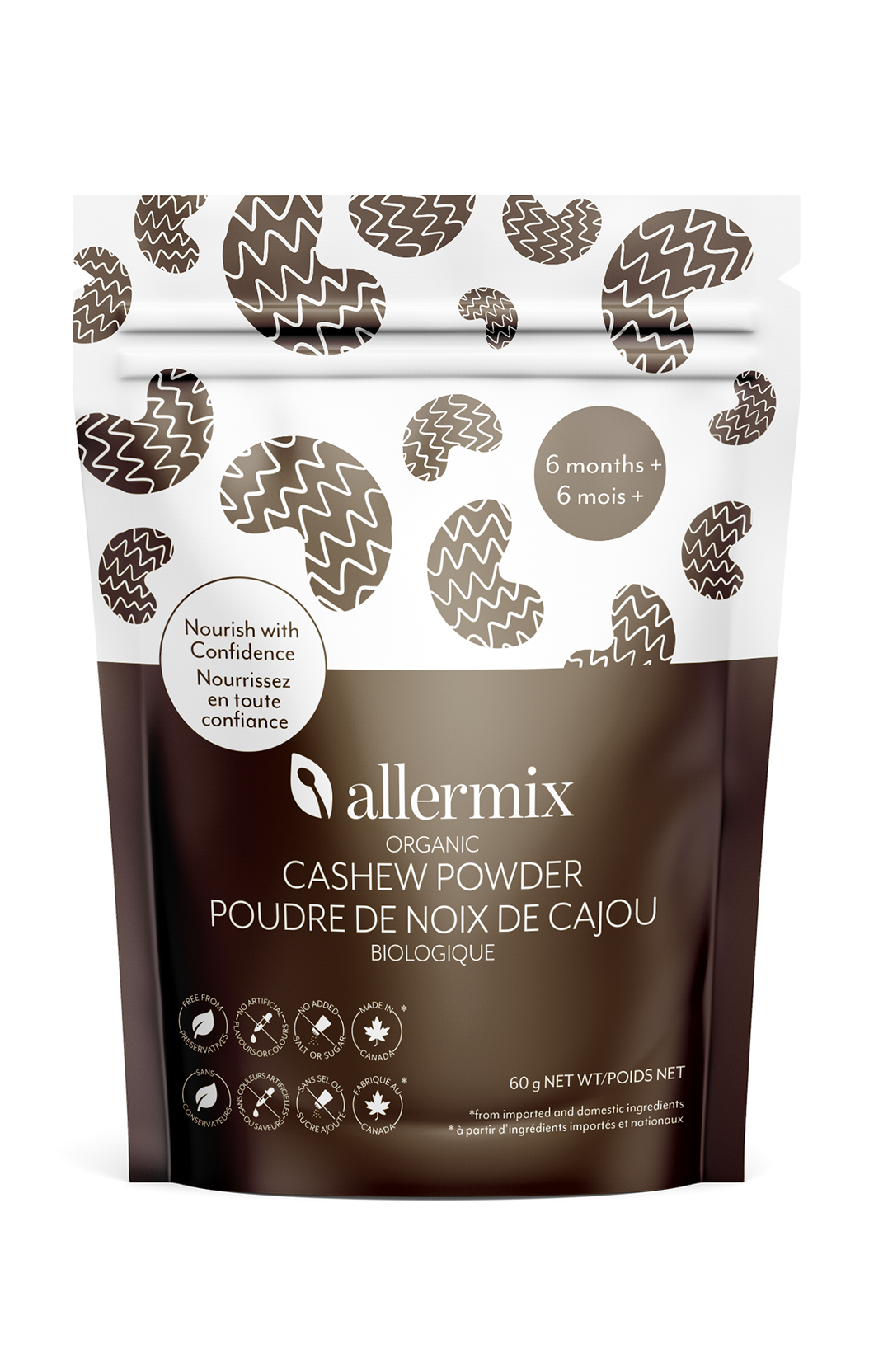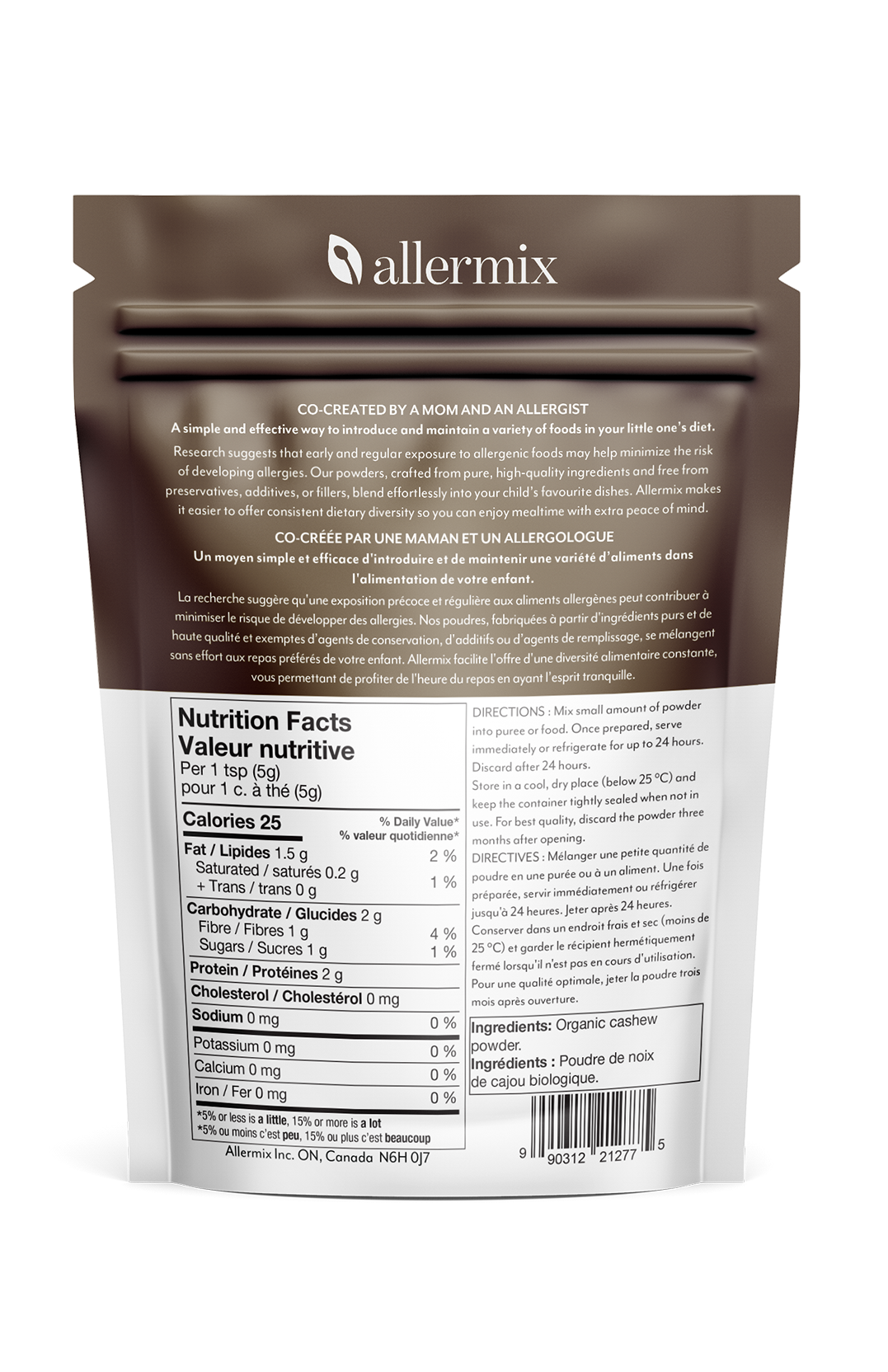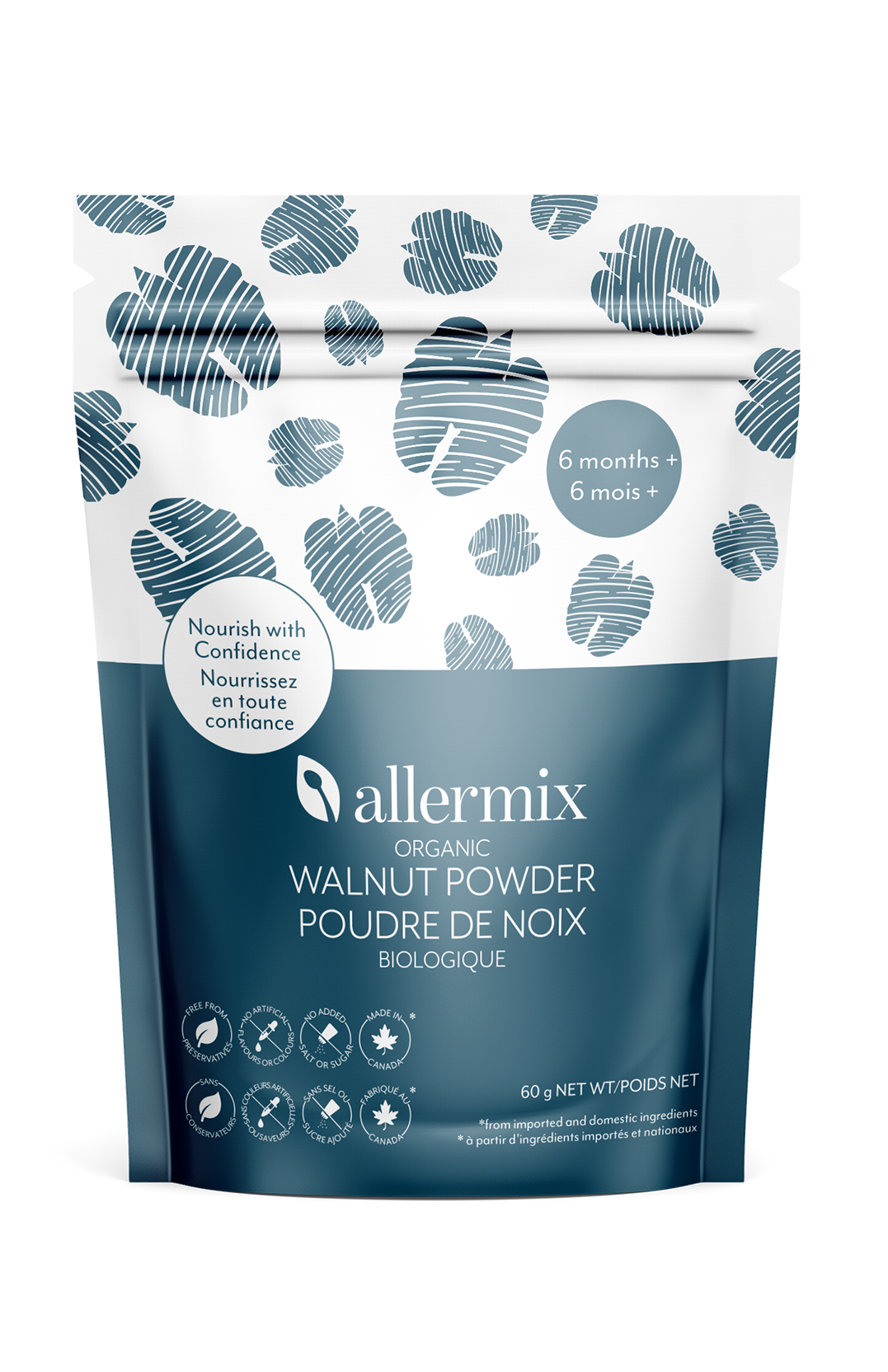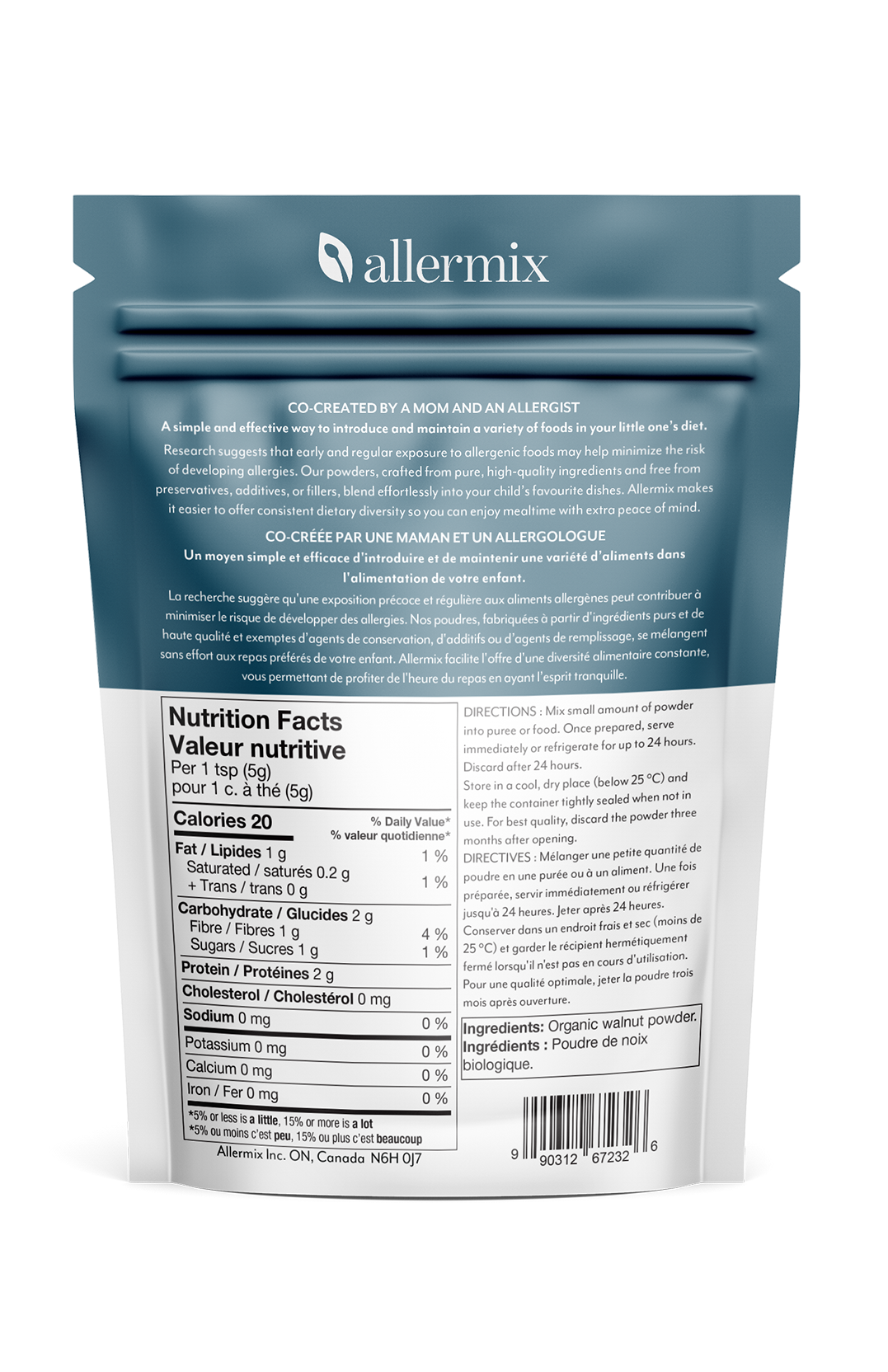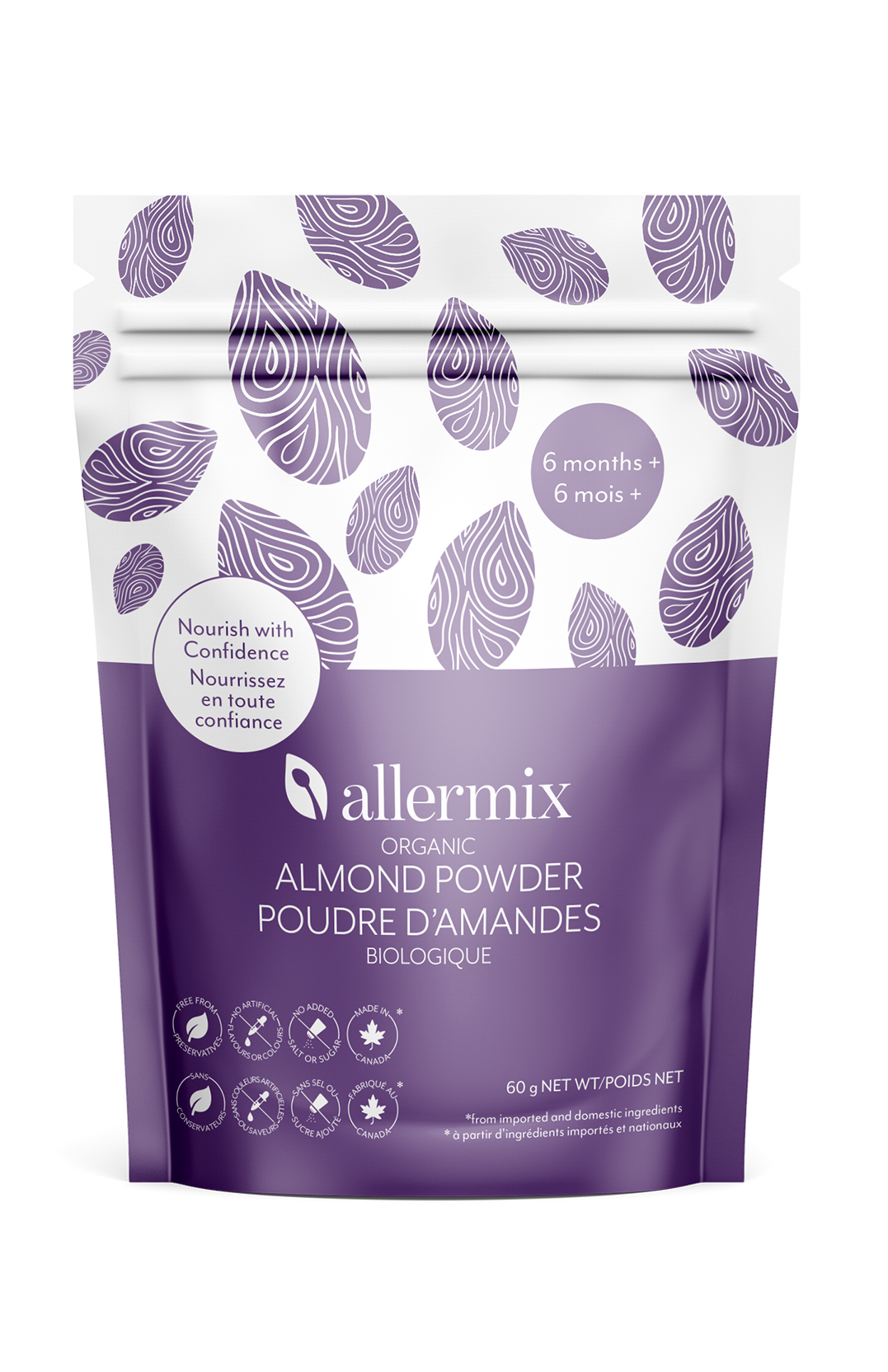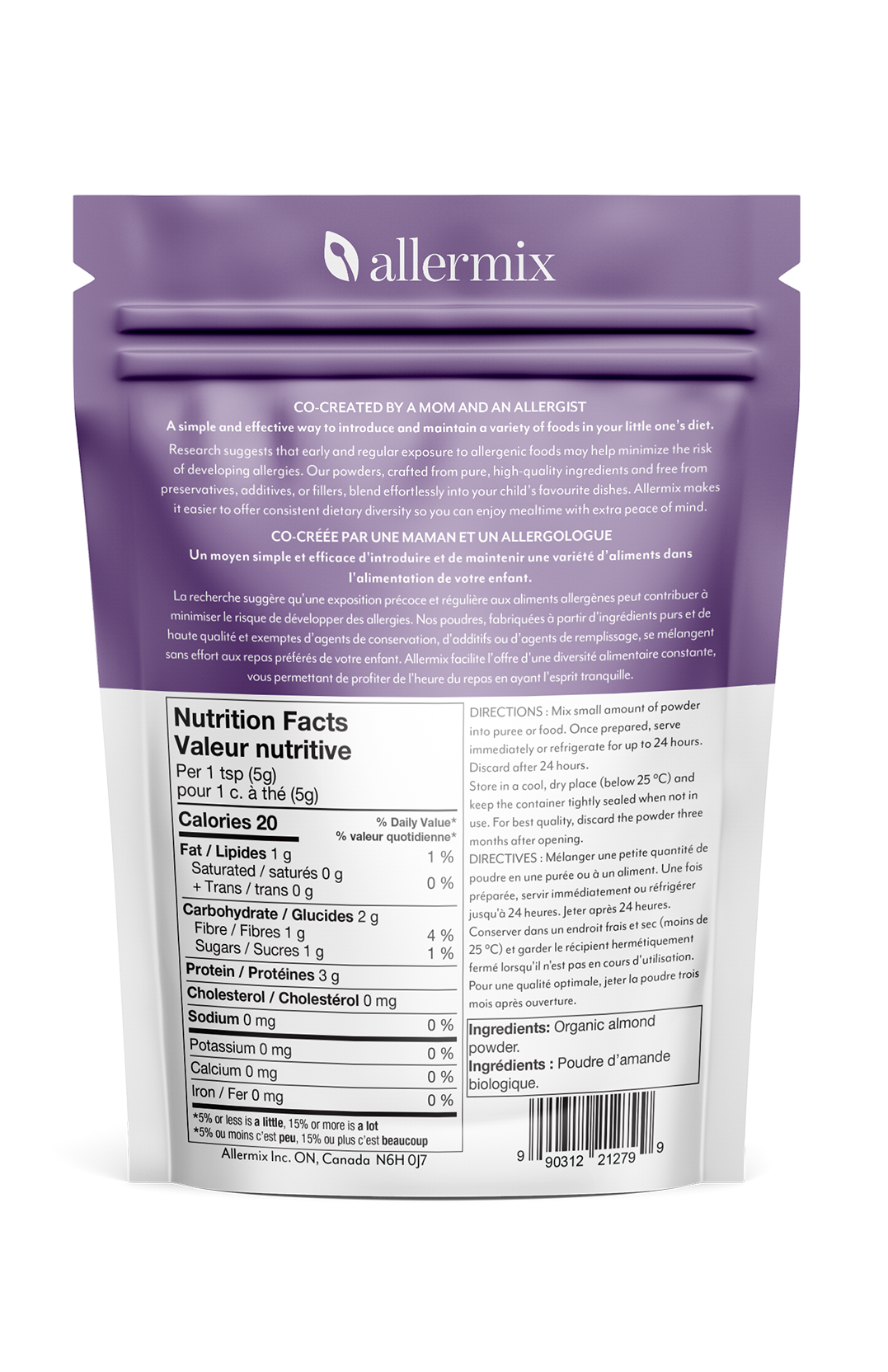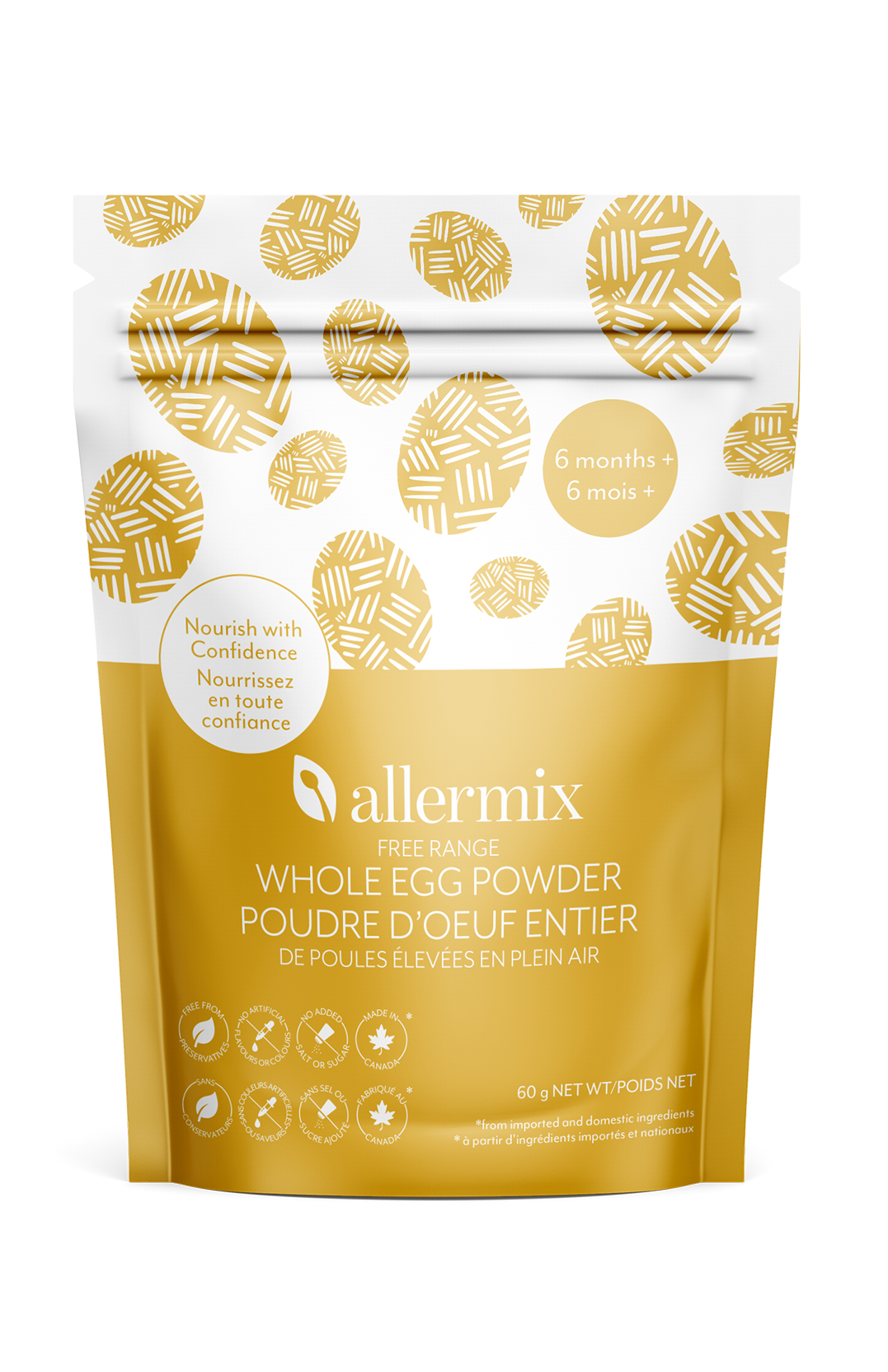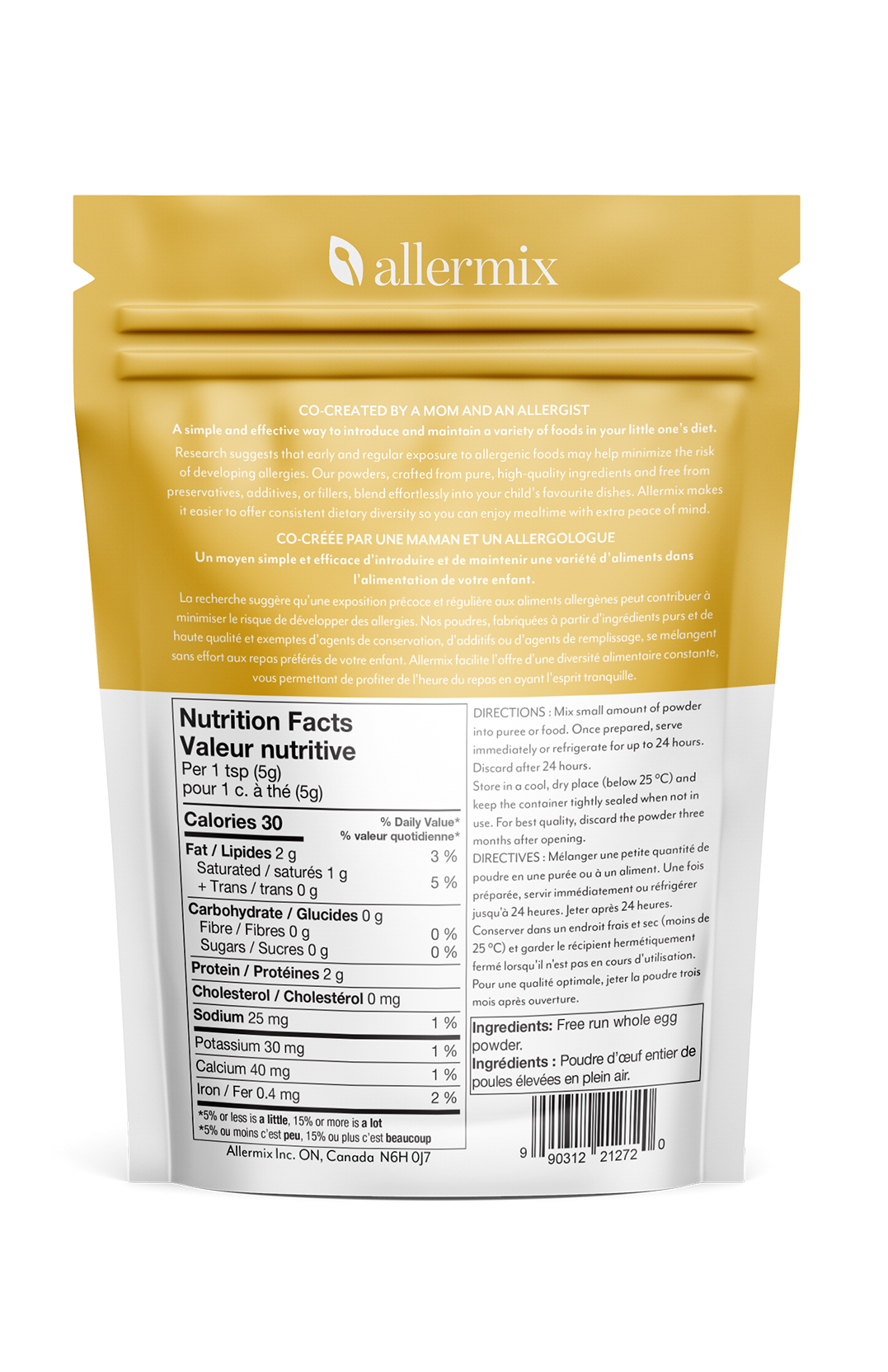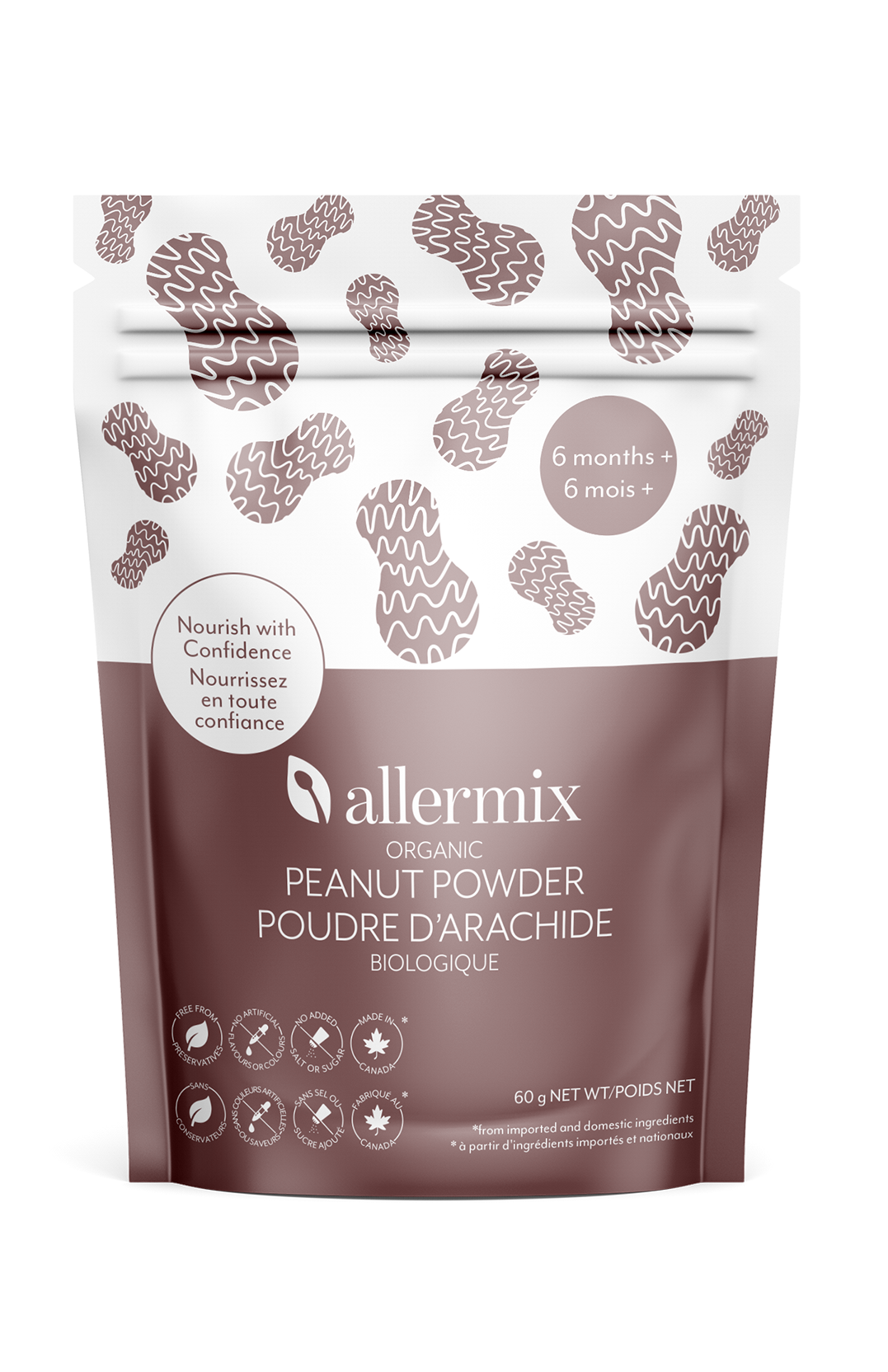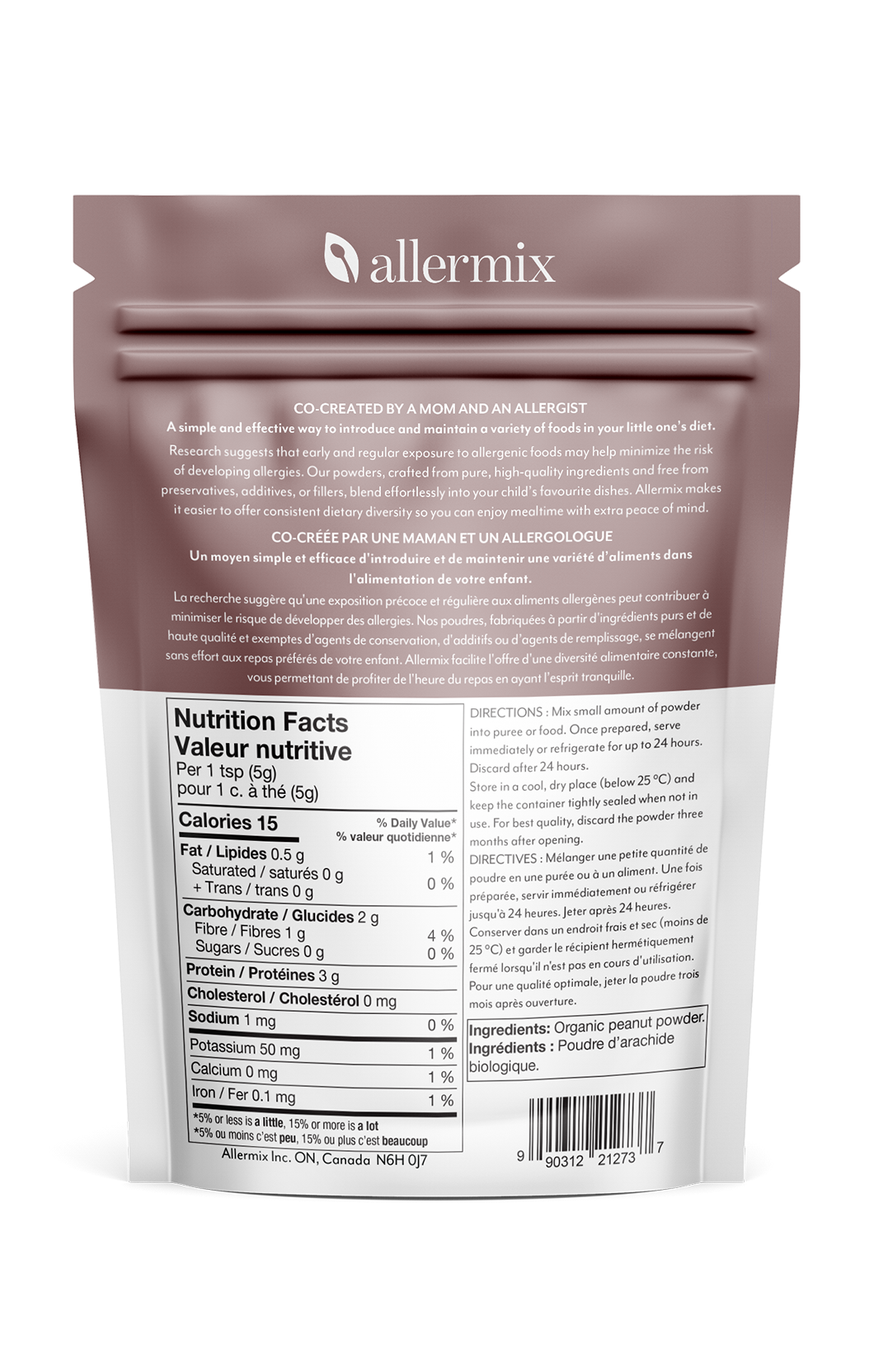Preventing Allergies During Pregnancy: What You Need to Know
Reviewed by Dr. R. Zhu, MD, FRCPC, Allergist & Clinical Immunologist
Disclaimer: This article is for informational purposes only and does not replace professional medical advice. Always consult your healthcare provider before making changes to your diet or allergy management plan during pregnancy.
Table of Contents
- Can You Prevent Allergies During Pregnancy?
- Does Avoiding Nuts During Pregnancy Help Prevent Allergies?
- Can You Develop Food Allergies While Pregnant?
- Probiotics and Pregnancy
- What Should Pregnant People Know About Allergen Exposure?
- Make It Easier with Allermix
- Final Thoughts
1. Can You Prevent Allergies During Pregnancy?
There’s growing interest in whether a mother’s diet during pregnancy can reduce allergy risk in her baby. While genetics and environment play a large role, some evidence suggests that what you eat may influence your baby’s immune system development and allergy risk.
2. Does Avoiding Nuts During Pregnancy Help Prevent Allergies?
No, current research shows that avoiding allergens (like peanuts) or increased consumption of them during pregnancy does not prevent allergies in your child. Unless you're personally allergic, there’s no need to avoid peanuts or other allergenic foods during pregnancy.
3. Can You Develop Food Allergies While Pregnant?
While it's rare, some individuals do report new-onset food allergies or intolerances during pregnancy. However, most food allergies develop in childhood. Symptoms like nausea or food aversions are more common than true allergic reactions during pregnancy. Always speak with your primary care provider if you suspect a reaction.
4. Probiotics and Pregnancy
Some studies suggest that taking probiotics during pregnancy may offer benefits for both mom and baby. Taking probiotics in pregnancy have been linked to improved gut health and reduced infantile colic when the baby is breastfed.
While more research is needed, early evidence shows likely a net benefit for probiotics in reducing eczema. If you're considering probiotics, talk to your healthcare provider to ensure you're choosing the right strains and dosages.
5. What Should Pregnant People Know About Allergen Exposure?
- There’s no need to avoid common allergens during pregnancy unless you are personally allergic
- A healthy, varied diet may support your baby’s immune development
- Breastfeeding and early allergen introduction after birth also play a key role in allergy prevention
- Probiotics may offer a benefit for both the mom and baby
- If you’re unsure, consult your primary care provider or Obstetrician/Midwife about your personal and family history
6. Make It Easier with Allermix
While your choices during pregnancy can help, one of the most effective ways to reduce allergy risk is early food allergen introduction after birth. Allermix kits, designed by a mom and an allergist, offer pre-measured servings and step-by-step guidance so that you can confidently introduce common allergens like peanut, egg, and tree nuts to your baby.
7. Final Thoughts
Pregnancy is a powerful opportunity to support your baby’s long-term health. While there’s no guaranteed way to prevent food allergies, staying informed about diet, allergen exposure, and early feeding practices gives your child the best possible start.

